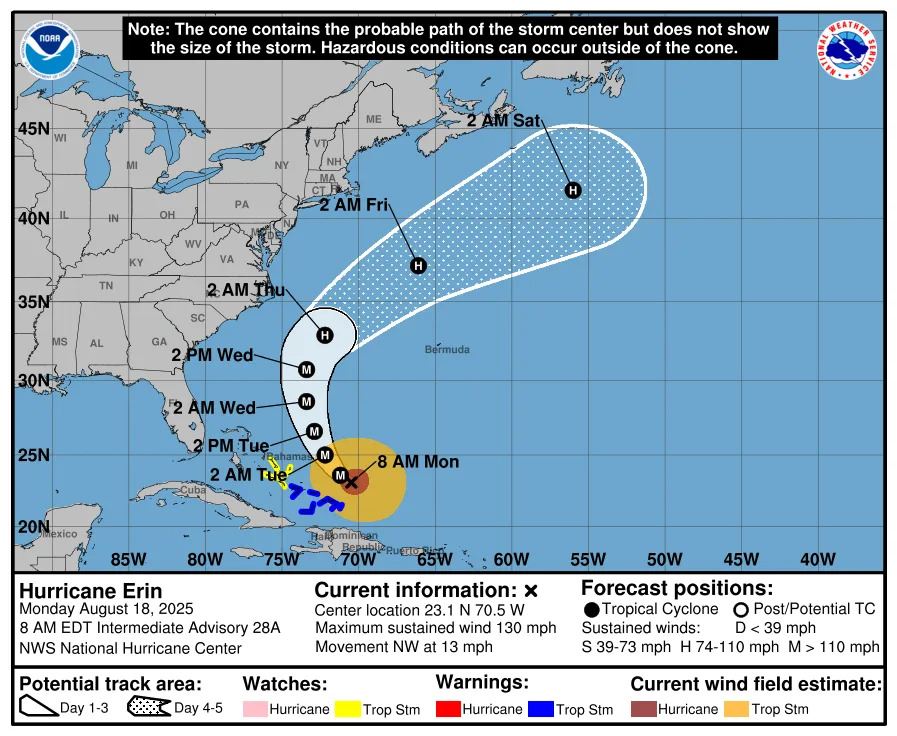
The fights over the embattled Clean Truck Partnership (CTP) that raged last week in a series of court actions got even more complex at the end of the week, with the federal government getting directly involved in trying to kill the two-year-old deal between OEMs and the California Air Resources Board (CARB).
Those OEMs, in one of the actions from the CTP’s “wild week” of court action, had kicked off the activity by filing suit against CARB, seeking to invalidate the CTP.
By the end of the week, the federal Department of Justice was seeking to become an intervenor in the OEMs’ lawsuit against the deal they signed in 2023 as well as another lawsuit from late 2024. The CTP signed by the OEMs ultimately came down to exchanging some considerations by California to delay certain CARB emission rules on trucks in exchange for the OEMs agreeing not to challenge those issues in court. But the key regulations were the Advanced Clean Truck (ACT) and the Omnibux NOX rule, and those have been invalidated by Congressional and Presidential action.
A long list of occurences
The scorecard of what occurred with the CTP over the course of the last 10 days includes the OEMs lawsuit against CARB where they cited their “impossible position”; the Federal Trade Commission withdrawal of its investigation into anti-competitive aspects of the CTP but which came with a series of letters from the OEMs that they would not agree to any California efforts to force the manufacturers to abide by the CTP and its key regulations, the ACT and the NOx rule; the end of the Nebraska-led court battle against the ACT; an effort launched by the American Trucking Associations to persuade the Environmental Protection Agency to dial back the 2027 federal NOx regulations that the CTP actually embraced in California by swapping out their more stringent requirements for the 2027 standard; and now the actions by the federal government in various courthouses last week.
The legal documents and statements from the past week all ultimately come back to the same dispute.
California disputes the federal opinion
California’s argument, which it has made in court, is that waivers granted by EPA that allowed, among other rules, the waivers allowing the ACT and the NOx rule to proceed can’t be overridden by action taken by Congress (and the White House) under the Congressional Review Act (CRA). The Trump administration says they can. Given CARB’s belief and its lawsuit that the CRA action is illegal, the state is telling the OEMs that it expects them to abide by the provisions of the CTP. And various levels of government are saying they can’t do that.
The federal actions were taken by the Justice Department’s Environment and Natural Resources Division (ENRD).
In a prepared statement, U.S. Acting Assistant Attorney General Adam Gustafson said of the CTP: “Agreement, contract, partnership, mandate — whatever California wants to call it, this unlawful action attempts to undermine federal law. President Donald Trump and Congress have invalidated the Clean Air Act waivers that were the basis for California’s actions. CARB must respect the democratic process and stop enforcing unlawful standards.”
The Congressional action “signed into law by the President (has not) stopped CARB from demanding compliance with California’s preempted emissions standards,” the suit in connection with the intervenor request in the OEMs lawsuit says. “To the contrary, CARB continues to threaten truck manufacturers who refuse to comply with its preempted regulations with severe civil sanctions and hostile regulatory treatment.”
The two actions taken in federal court by the Justice Department were the request for intervenor status in the OEM case, which is in the U.S. District Court for the Eastern District of California,
and another intervenor request in the federal district court for the Northern District of Illinois.
In that case, a lawsuit was brought late last year in that venue by the American Free Enterprise Chamber of Commerce against not just CARB and CARB executive officer Steven Cliff, but also against the Engine Manufacturers Association that signed the CTP with CARB in 2023.
House committee jumps in with a list of questions
Another development in the growing war over the CTP is the release of a letter sent August 11 by the House of Representatives Committee on Energy and Commerce.
The letter, sent to Cliff, includes nine questions for the state agency with a request that they be answered within 10 business days, which would be the end of this week.
The questions, which also involved the Advanced Clean Cars II regulations that the EPA granted California a waiver to implement and which were also part of the waivers killed by the CRA action, asks a key question: “Is CARB continuing to enforce the ACT and the Omnibus regulations despite the corresponding waivers of preemption having been disapproved under the CRA?”
The letter also asks for a long list of records regarding possible California implementation of the ACT and Omnibus NOx rule despite the CRA action.
CARB has not publicly responded yet to any of the federal actions or the letter from the House committee.
More articles by John Kingston
TQL takes its loss in a broker liability case to the Supreme Court
C.H. Robinson gets an upgrade at S&P Global, reduced headcount a key reason
The post Late entrant into California’s Clean Truck Partnership battles: a pair of federal court actions appeared first on FreightWaves.








Comments